T-Mobile employees say this metric is costing them sales, even after they do everything right

T-Mobile’s First Interaction Resolution (FIR) metric is under fire from its own workforce. While it is meant to measure customer satisfaction by tracking whether issues are resolved during the first contact, employees say it is unfairly hurting their performance scores and their pay.
The idea behind FIR is simple: solve a customer’s issue on the first try, and the interaction is counted as a success. But according to retail employees, if a customer calls customer service after making a purchase, even for something unrelated like checking a bill, the original interaction is marked as incomplete. As a result, the worker who helped them first can lose credit for the sale.
This has become a serious point of frustration for many store reps. Some say they have done everything right during the sale, only to see their metrics tank after a follow-up call that had nothing to do with their performance. In their eyes, the system is flawed. It is also creating friction between departments. Store staff and customer service agents are reportedly clashing over who gets penalized when a customer calls back.
To make things more complicated, T-Mobile has recently been pushing the use of its T-Life app. Employees are being encouraged to guide customers to complete transactions digitally. This move is intended to streamline the experience, but it is also changing the role of store employees, who now find themselves acting more like app support than traditional salespeople.
T-Mobile’s customer service was once a major selling point, especially with its "Team of Experts" model that aimed to create more personal support. But as the company grows and leans more into automation and performance tracking, some of that human-first reputation may be slipping away.
Carriers like Verizon and AT&T face similar issues with customer service, but T-Mobile positioned itself as more customer-friendly. If FIR and other internal systems end up punishing employees for things out of their control, that difference could start to disappear.
Metrics can be helpful tools, but only when they reflect the full picture. If employees are doing their jobs well and still being penalized because a customer makes a follow-up call, it may be time for T-Mobile to rethink how success is being measured.
The idea behind FIR is simple: solve a customer’s issue on the first try, and the interaction is counted as a success. But according to retail employees, if a customer calls customer service after making a purchase, even for something unrelated like checking a bill, the original interaction is marked as incomplete. As a result, the worker who helped them first can lose credit for the sale.
T-Mobile’s customer service was once a major selling point, especially with its "Team of Experts" model that aimed to create more personal support. But as the company grows and leans more into automation and performance tracking, some of that human-first reputation may be slipping away.
Carriers like Verizon and AT&T face similar issues with customer service, but T-Mobile positioned itself as more customer-friendly. If FIR and other internal systems end up punishing employees for things out of their control, that difference could start to disappear.
We've reached out to AT&T for a comment and will update the story when we have a response.







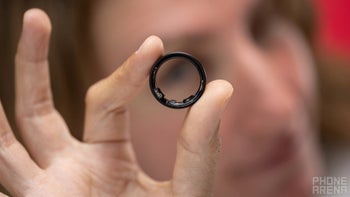
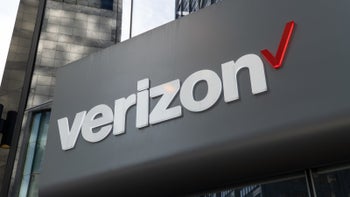

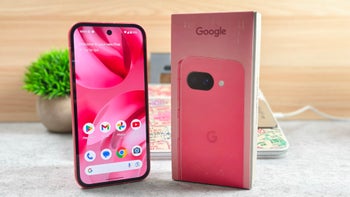
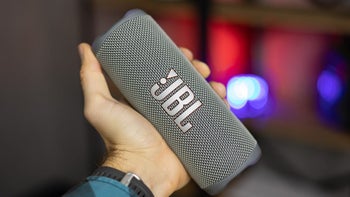
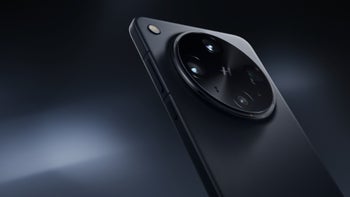
Things that are NOT allowed: